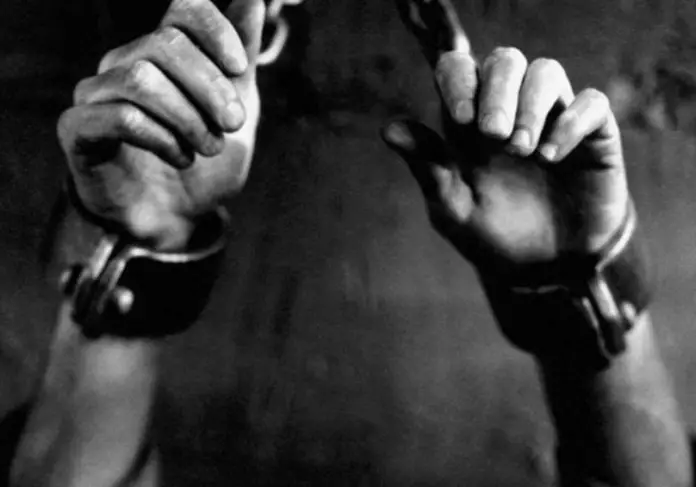The absence of anti-torture laws in the country has led to the misuse of police power by those in authority. All political parties have one way or the other misused the force to suppress their opponents.
Lawyers and academia have stressed the legislature to pass legislation to end police brutality under the garb of law. They said that physical remand is a colonial tool to enslave the masses through police. The arrest of Shahbaz Gill, the outspoken political spokesman of Pakistan Tehreek-e-Insaf and its chairman Imran Khan, has become a key case in the political, judicial and human rights history of Pakistan.
Where he was detained, and then, being a political prisoner, why he was twice remanded to the police by the court while it was apprised that he was physically tortured and abused. It created fury among the PTI workers. The law-knowing people also started raising questions. Some questioned his crime and how he could be punished so much in police custody. Some said the magistrate should never have done this when there were clear signs of police torture on his body. The matter did not end there; PTI Chief Imran Khan also attacked the police and judicial magistrate while addressing a public rally. He threatened those who violated the human rights code.
Pakistan Muslim League Nawaz claimed to replace the police culture. Instead of creating terror among gentlemen, it should protect them. But in practice, everything has been reversed. Every government has used it more or less for political purposes. The police action on the occasion of May 25 Azadi March and the election of the Chief Minister of Punjab is not a covert matter. The eye of the camera is the witness to what happened to the legislators in presence of the police chief in broad daylight.
The torture of political prisoners is a matter of grave concern for the common people. In this regard, there is no clear legislation in Pakistan. The police usually use the same tactics against thieves and robbers; they also use it against opponents to extract statements from them that they do not want to give. What is even more alarming is that there is no complaint centre where one can file a grievance against this cruelty. Since the place of filing an FIR is a police station, why would they register a report against their own people?
The government of Pakistan Tehreek-e-Insaf remained in power in the centre and two provinces for more than three and half years, but no legislation could be passed in this regard. Pakistan signed the Convention against Torture but did not make any legislation in this regard. In the first phase, at least steps should be taken to protect political prisoners from police torture, after that, the investigation process should be developed on modern lines. It should be made torture free for the other accused as well.
Generally, judicial magistrates allow the police to detain any accused for a few days to interrogate them. With the court order, the police come up with a legal way to torture. It should be noted that this is the same law that was introduced by the colonial powers at the end of the 19th century to obtain the desired statements from criminals or freedom fighters.
Naseer Ahmad advocate who also teaches law said that the judges even knowing the role, attitude, and training of the police, generally hand over the accused to the police. Our media did not raise this issue to such an extent that legislators could be forced to legislate on it. A magistrate remands a political prisoner to the police without direction to it not to torture him unnecessarily. Thus legislators generally do not legislate in such cases.
Brad Adams, Asia Director of Human Rights Watch, had said that along with anti-torture legislation, police reform is also urgently needed. Thus, in the European Commission GSP Plus status report, it was also said that Pakistan’s legislation regarding such charges is very low. It merits mentioning here that apart from brutal physical violence, mental, and sexual harassment are also done in police custody. In the case of Gill, the former prime minister has alleged he was subjected to mental and sexual torture. This is too grave an allegation to be ignored.
The need is to amend the age-old Pakistan Penal Code and CrPC to protect the rights of all facing the criminal justice system. Those in power should avoid misuse of the law of physical remand. Police should be trained and skilled to use modern technology to extract evidence.







